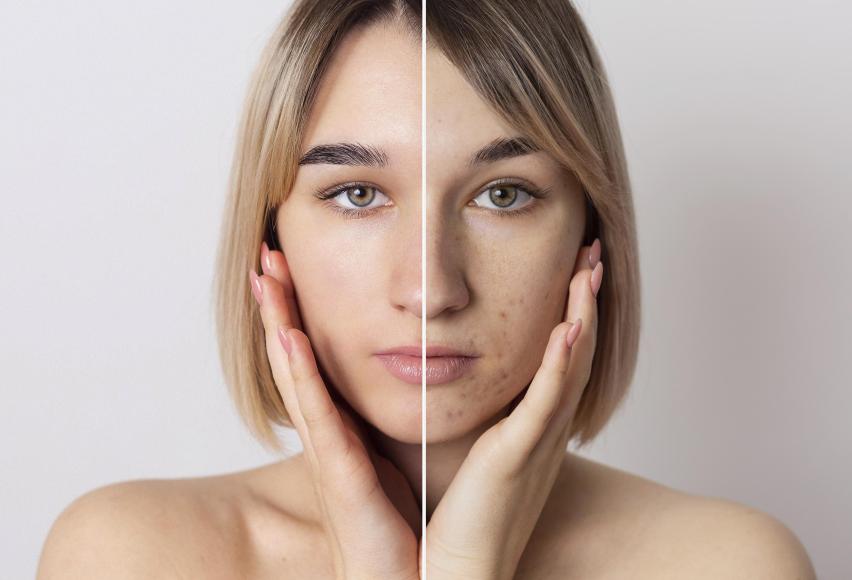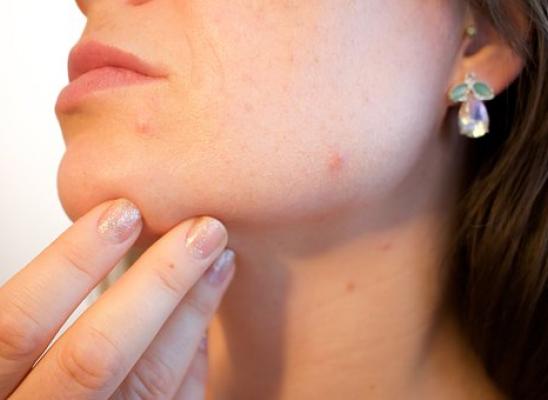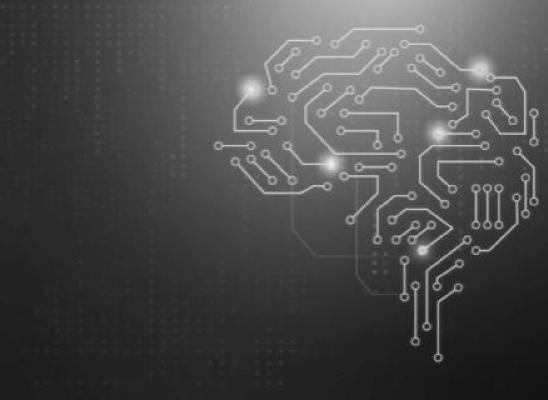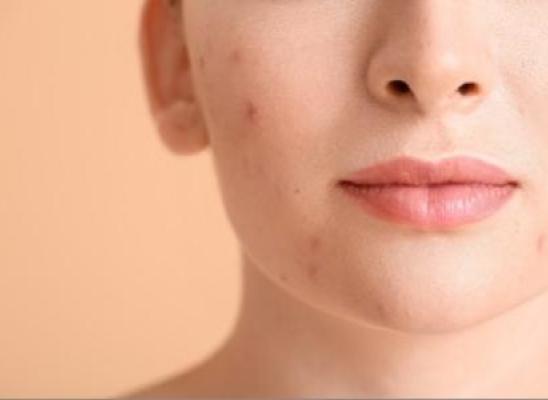Skin Picking and Reward Processing: What’s the Connection?

Online test
Find out the severity of your symptoms with this free online test
When it comes to behavior, there’s a reason for everything we do. We might not always know what it is, but there is a reason – a payoff of some kind – behind every behavior. After all, why would we keep doing something if there was no payoff?
Behavioral theory tells us that behavior that gets reinforced (rewarded) tends to continue. Behavior that is not reinforced tends to be weakened or extinguished. When we get rewarded or experience something pleasurable, we experience it both at an emotional level and at a biological level. We feel good and our brain responds by releasing lots of those feel-good chemicals. Of course we’re going to more of that! But what’s this got to do with skin picking?
Skin picking and other BFRBs like trichotillomania (TTM) are characterized by repetitive picking or pulling that results in tissue damage or hair loss and difficulties in functioning. If you or a loved one lives with a BFRB like skin picking, you’ve probably had the experience of someone asking why you do it and can’t you just stop? It’s frustrating for sure and there isn’t always a good answer. One of the things we do know about is that there seems to be a strong reward component to the behavior.
Reward processing involves how the brain’s reward system responds to rewarding stimuli, the ability to learn from rewards, the anticipation of future rewards, and motivation to pursue rewards. We know that reward is a powerful shaper of behavior. What could looking at the brain and reward processing in people with skin picking reveal and what could that mean for treatment? In what is thought to be the largest neuroimaging study of its kind, researchers sought to learn more about the role of reward processing in BFRBs.
Why Reward Processing?
Until recently, researchers could only speculate what happens at the neurobiological level. Neuroimaging now gives us the chance to actually see just how the brain works. Neuropsychological studies have found that people with TTM or skin picking have structural differences in their brains and in cognitive functions than people who don’t. People with TTM show impairments in inhibitory control, spatial working memory, divided attention, visuospatial learning, and immediate visual memory. People with skin picking disorder tend to have an impaired stop-signal inhibitory control that makes it hard for them to stop picking at their skin. In other words, people with skin picking also have a harder time controlling their behavior or knowing when to stop.
One area that has intrigued researchers is that of reward processing and how it relates to BFRBs. Studies of other disorders have revealed how the brain responds to actions that are rewarding resulting in new ways of treating the disorder. Reward processing seems to share some characteristics and commonalities with other disorders that make it a good candidate for brain-based exploration.
- Picking and pulling behaviors are often described as pleasurable
- People report feeling urges that are similar to those experienced by people with substance use issues
- The act of pulling or picking results in relief of the urge
- People with BFRBs often have a first-degree relative with a substance use problem. Addictions are associated with reward processing abnormalities.
- There is some evidence that picking and pulling behaviors may respond to glutamate and dopamine modulators which are associated with reward processing.
Taken together, these similarities suggest that the neurobiology of BFRBs and reward processing seem to be connected in some way suggesting that the brain’s reward system may play a key role in the behavior.
What Did They Discover?
Participants in the study were those diagnosed with a BFRB such as hair pulling or skin picking and a control group. Using functional MRI imaging (fMRI) and a monetary reward task that allowed for the separation of anticipation of reward and anticipation of monetary loss, participants completed the task and imaging. The stated goal of the task was to win as much money as they could.
The fMRI results suggest that there is indeed dysregulated reward circuitry in people with BFRBs. There was marked hyperactivation in areas of the brain related to the anticipation of reward or loss, especially when faced with potential rewards. These findings suggest that people with BFRBs may have some sort of dysfunction in their reward system.
Findings also suggest some differences in the brains of people with BFRBs that are related to environmental cue detection and in response inhibition. These findings support previous evidence that people with BRFBs tend to have impaired inhibitory control.
What’s The Takeaway?
This study sheds new light on the importance of examining BFRBs from a brain-based perspective and how the brain’s reward system affects symptoms and treatment options. Current treatments are often only partially effective. Learning more about the neurobiological foundations of BFRBs can aid in the creation of more targeted treatment options.
These findings are significant because reward-seeking and avoidance of loss or harm are integral human behaviors. When there is impaired reward processing, maladaptive behaviors can emerge. While neural circuitry is important to consider, it is also important to address the cognitive factors that play a role in picking and pulling behaviors. Assessing both neurobiological and cognitive issues in clinical evaluation may lend additional information that can translate into more individualized treatment planning.
Researchers have only touched the surface of how neurocognitive functioning influences behaviors like skin picking. Much more work needs to be done but each new piece of information brings researchers one step closer to finding treatments that can alleviate symptoms and improve quality of life.
References
1. Mcleod, S. (2007, February 5). What is operant conditioning and how does it work? Retrieved from https://www.simplypsychology.org/operant-conditioning.html
2. Berridge, K. C., & Robinson, T. E. (2003). Parsing reward. Trends in Neurosciences, 26(9), 507–513. https://www.sciencedirect.com/science/article/abs/pii/S0166223603002339
3. Grant, J.E., Peris, T.S., Ricketts, E.J. et al. (2022). Reward processing in trichotillomania and skin picking disorder. Brain Imaging and Behavior 16, 547–556. https://link.springer.com/article/10.1007/s11682-021-00533-5#citeas
Chamberlain, S. R., Blackwell, A. D., Fineberg, N. A., Robbins, T. W., & Sahakian, B. J. (2005). The neuropsychology of obsessive compulsive disorder: The importance of failures in cognitive and behavioural inhibition as candidate endophenotypic markers. Neuroscience & Biobehavioral Reviews, 29(3), 399–419. https://www.sciencedirect.com/science/article/abs/pii/S0028393206003150?via%3Dihub
4. Grant, J. E., Leppink, E., & Chamberlain, S. (2015). Body focused repetitive behavior disorders and perceived stress: Clinical and cognitive associations. Journal of Obsessive-Compulsive and Related Disorders, 5, 82–86. https://www.sciencedirect.com/science/article/abs/pii/S2211364915000202?via%3Dihub
Online test
Find out the severity of your symptoms with this free online test
Start your journey with SkinPick
Take control of your life and find freedom from skin picking through professional therapy and evidence-based behavioral techniques.
Start Now



